Sophomores Charlotte Tragos, Dani Fenster volunteer as poll observers in 2020 presidential election
Photo credit: Charlotte Tragos
After hours of volunteering as a poll observer on election day, sophomore Charlotte Tragos captures a photo of the voting site in Las Vegas, Nevada. “[Dani and I] were eating marshmallows in the trunk of the car while watching the voters outside the site,” Tragos said while recalling the moment she took the photo.
December 10, 2020
As tensions over the 2020 presidential election grew nationwide, Archer sophomores took action. Charlotte Tragos and Dani Fenster traveled to Las Vegas, Nevada, on Nov. 1 to work as poll observers during this year’s presidential election.
“I wanted to do poll work locally but since I’m 15 I wasn’t allowed to,” Tragos said. “To be involved in the political process, I found an opportunity to watch the polls in Nevada.”
Volunteers must be at least 16 years old on election day to serve as poll workers. However, as Tragos discovered, other volunteer opportunities exist for younger age groups wishing to participate in the voting process. Through her grandmother’s job as the employment lawyer for the California State Democratic Party, Tragos was able to secure positions for herself and Fenster as partisan poll observers for the Nevada State Democratic Party.
Tragos and Fenster first discovered their shared passion for politics after attending last year’s California Democratic Party State Convention. When the opportunity to poll observe arose, Tragos said she had to bring Fenster along. Along with her political interests, Fenster said her ambition to participate in the electoral process came from a personal place.
“For this election in particular, there’s just so many rights on the line. I’m a person of color, a woman, my mom immigrated here, and I’m Jewish,” Fenster said. “And it’s not just me but for everyone — there’s so many rights on the line, so I feel this election was a big one.”
We have a shared interest in civil engagement and political activism.
— Charlotte Tragos
After attending a training session Nov. 2, the sophomores traveled to the voting site on election day, Nov. 3. Arriving at a small elementary school at 6:30 a.m., the two met with the election team leader, who Tragos said “had been trained extensively in dealing with poll watchers and voting.”
Both Tragos and Fenster took note of the poll observers from the Nevada State GOP (Nevada State Republican Party), who also position poll observers at voting sites across the United States to observe the voting process on behalf of the Republican Party. Tragos initially said she felt, “concerned that [the GOP poll observers] wouldn’t just be observing but intimidating [voters] as well,” but during election day she said she was “surprised” by the interaction between the observers of differing political parties.
“There were two women on the inside that were very nice and civil with us,” Tragos said.
Fenster said she felt the point of her role was to extend these civil interactions to the voters who came to the site from opposing political parties.
“It doesn’t matter what party the voters are. The point is make sure everyone can vote,” Fenster said.
After being selected by the political party of the state one is in, partisan poll observers are expected to closely monitor the election process at voting sites and report on voter turnout on behalf of their political party. They are not supposed to interfere in the electoral process apart from reporting issues to polling site and party officials.
“We had to report every hour on the hour about wait times and observe people voting to make sure that everyone could get a chance to vote and that there was no voter intimidation,” Tragos said. “But if a voter was turned away for some reason, we had to follow them outside of the polling location and ask them why they were turned away and how we can help them vote.”
Although they were the youngest poll observers present, Fenster and Tragos were able to take action whenever problems occurred. Along with advocating for a voter after he was wrongfully turned away at the site, the sophomores observed patterns within the voters to report back to the Nevada State Democratic Party.
The importance of our role is to make sure every voter’s voice is heard in the electoral process.
— Charlotte Tragos
“Dani and I were looking at who was getting turned away and we noticed a pattern that we reported back,” Tragos said. “We were working in a predominantly white area, and the people that were getting turned away were people that did not look like the people that were working the polls.”
Fenster, who described this pattern as “really interesting but really sad as well,” shared her understanding of what was occurring at the polling site.
“Of the three that I saw [get turned away], one of them was disabled, one of them was Black and one of them was a new immigrant who just moved here. But it’s not always necessarily the people at the voting location turning them away for no reason,” Fenster said. “I feel like this spoke to more of a systemic thing where it’s more difficult for people who aren’t white or aren’t able bodied or things like that to register to vote and get their proper papers for registration.”
Working as a poll observer is a step to combat this, Fenster said, by “giving [citizens] the resources so that everyone’s voice could be heard.”
“I feel like our presence there and [the voters] knowing that we were there to support them and make sure that nothing bad was happening to them made them feel a lot safer,” Fenster said. “Especially if they felt like they were in the minority boat at the site because the most important thing is that voters feel safe.”

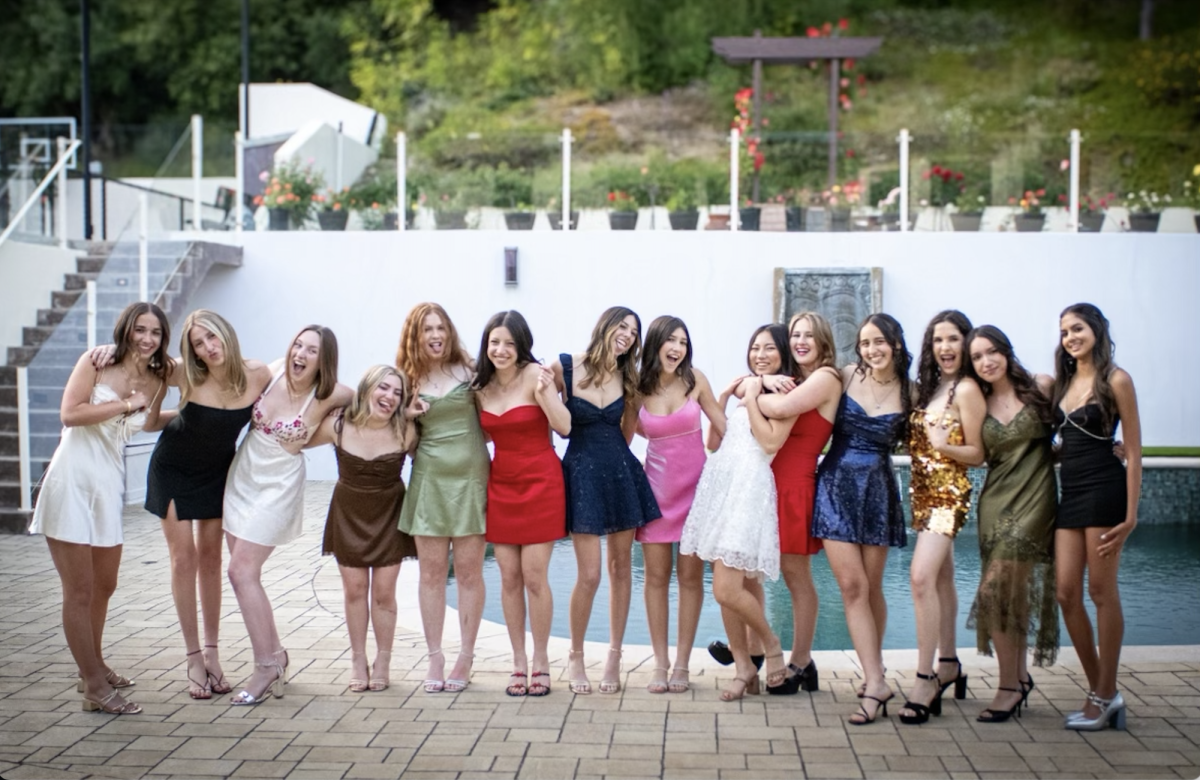









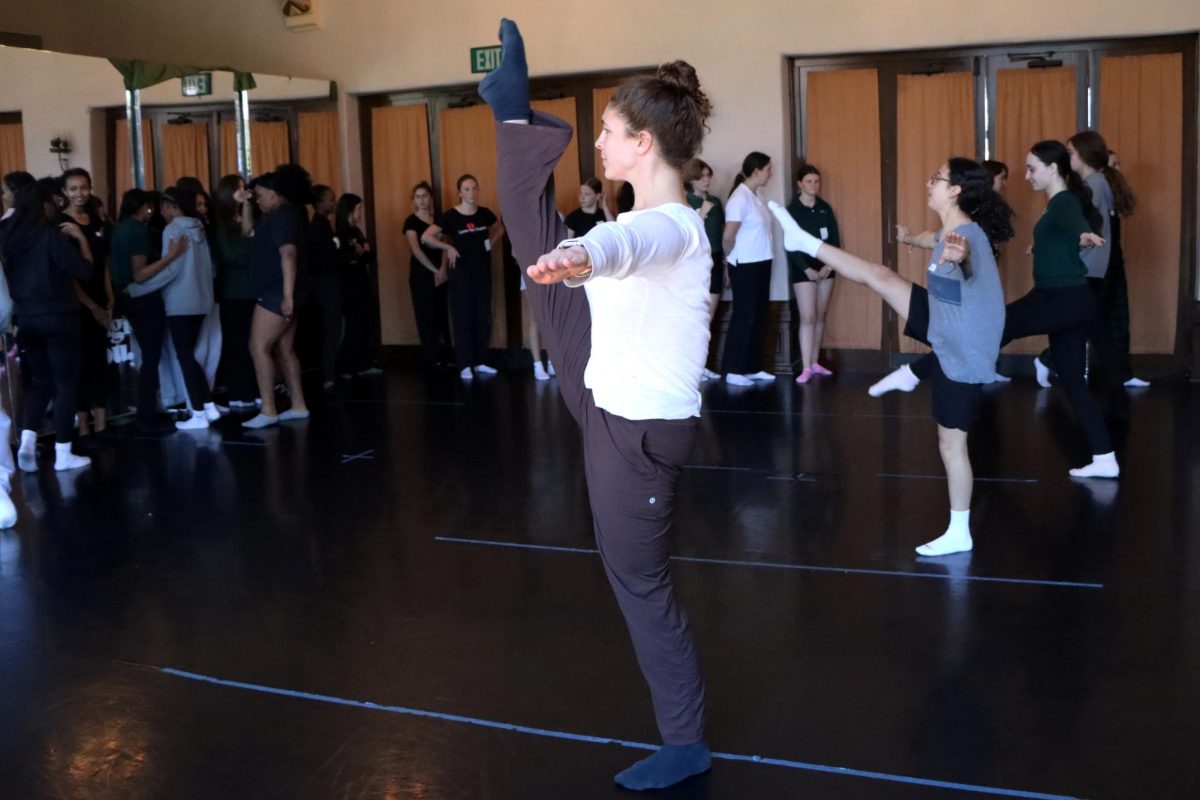










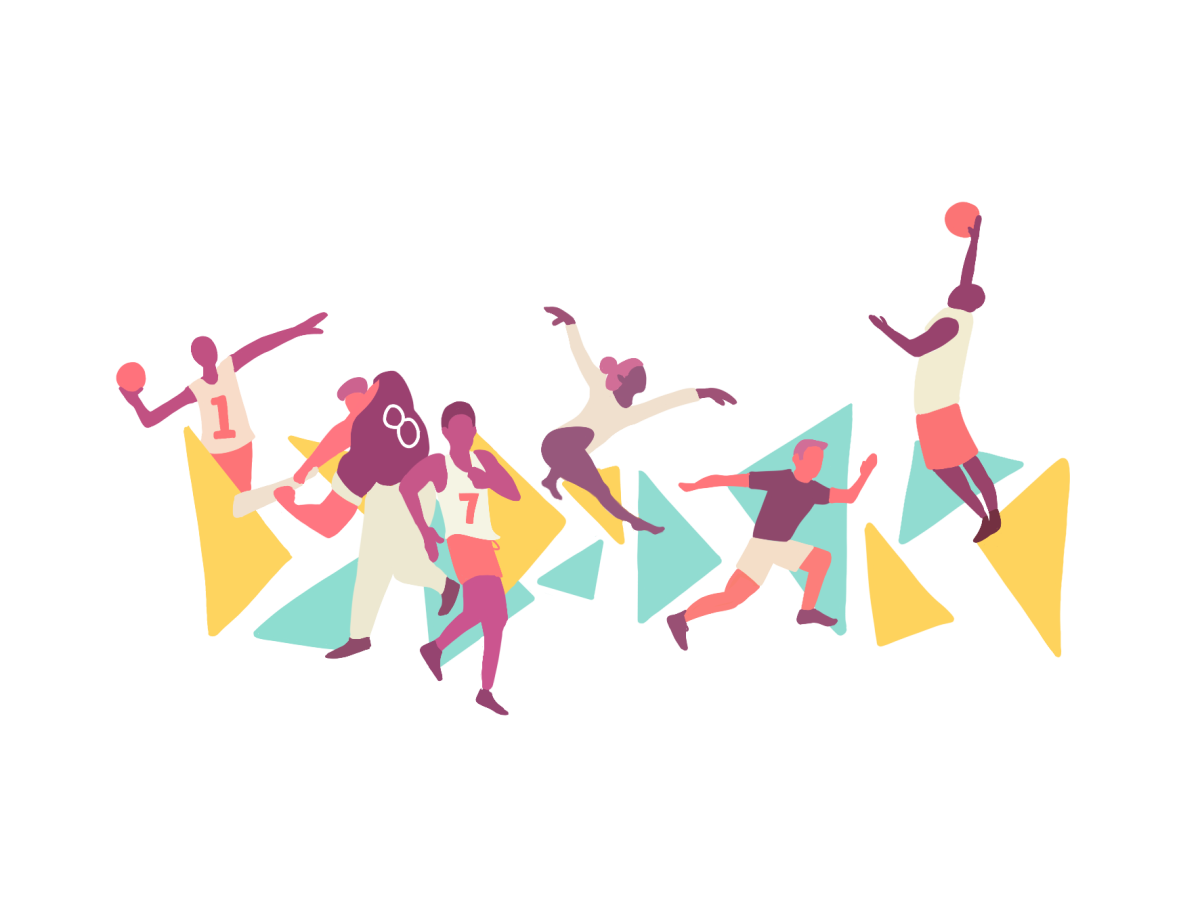




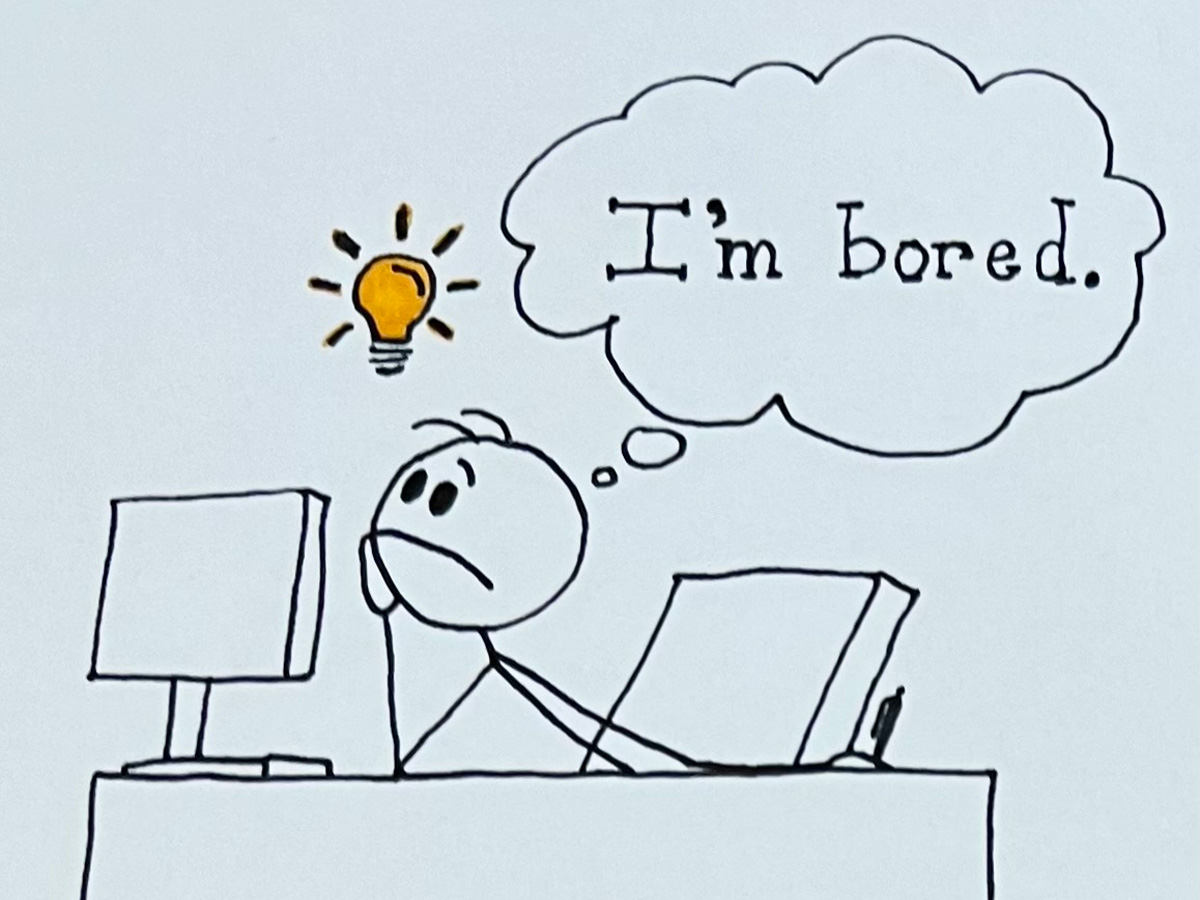
























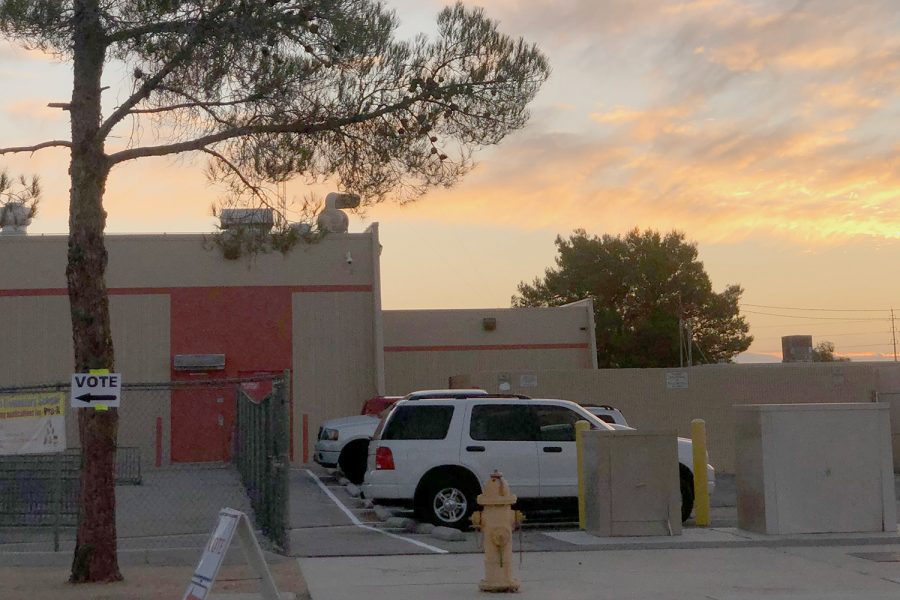
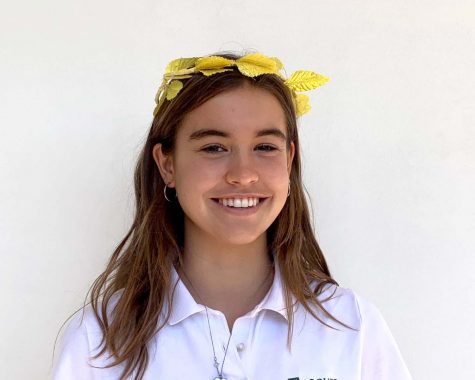
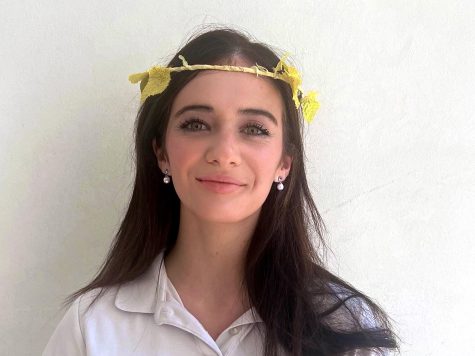





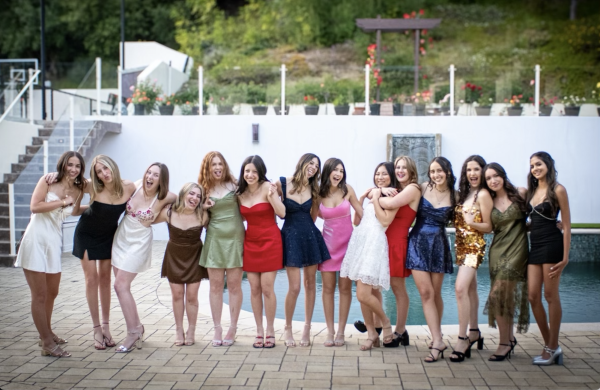

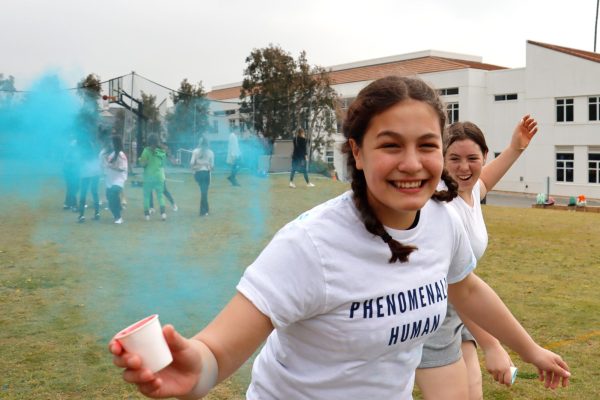
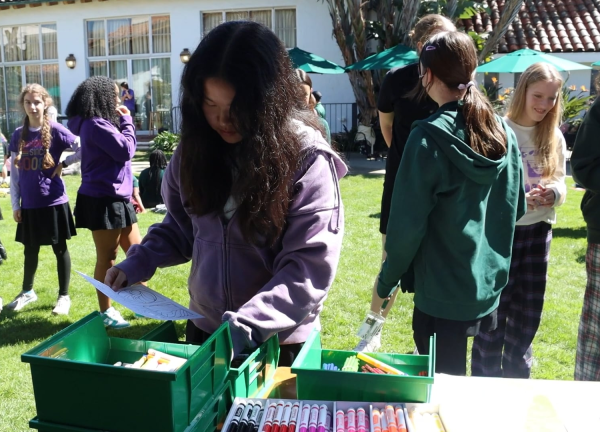
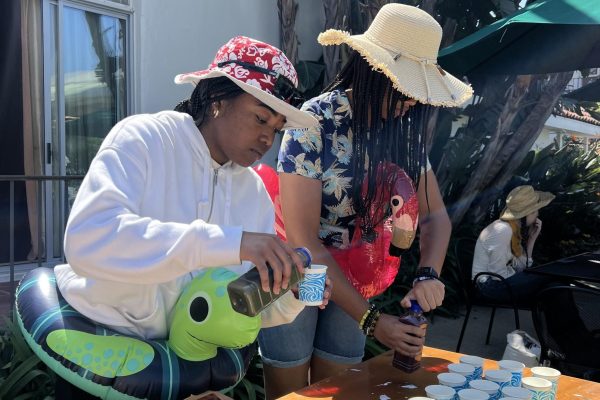
![Freshman Milan Earl and sophomore Lucy Kaplan sit with their grandparents at Archer’s annual Grandparents and Special Friends Day Friday, March 15. The event took place over three 75-minute sessions. “[I hope my grandparents] gain an understanding about what I do, Kaplan said, because I know they ask a lot of questions and can sort of see what I do in school and what the experience is like to be here.](https://archeroracle.org/wp-content/uploads/2024/03/grandparents-day-option-2-600x400.jpg)
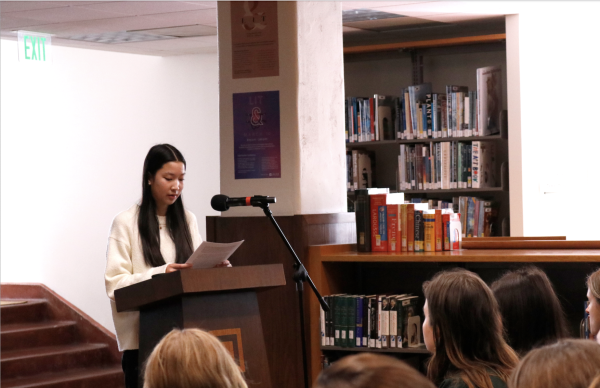
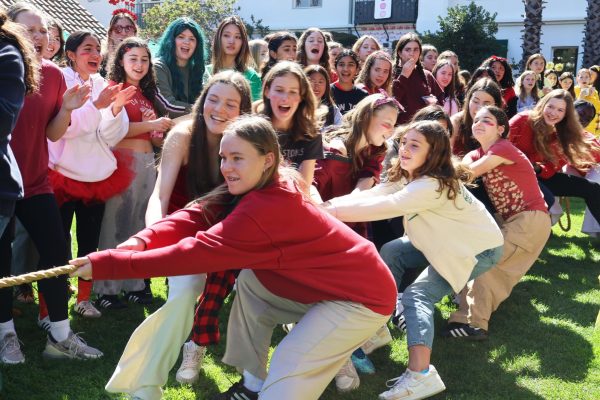
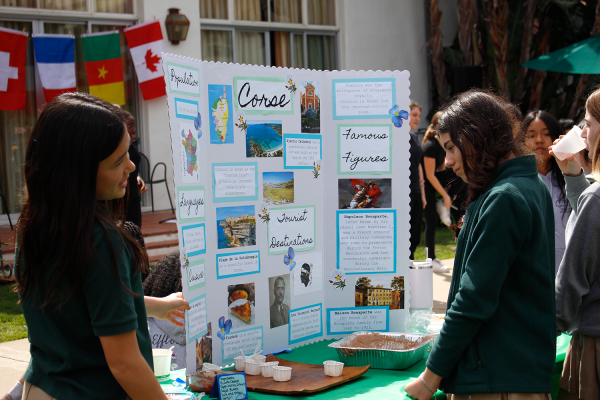
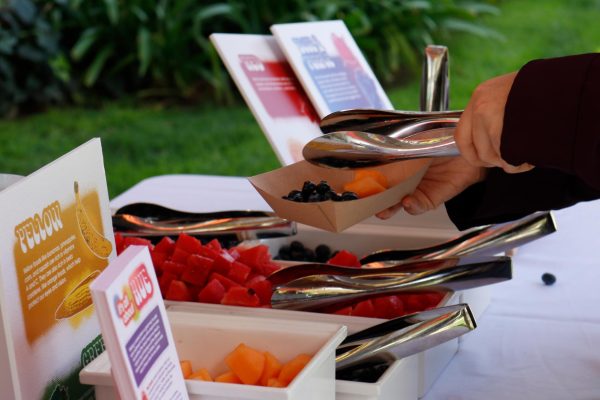
NATALIE J KANG • Dec 18, 2020 at 4:56 pm
Bravo, Tragos and Fenster for participating in such an important election!